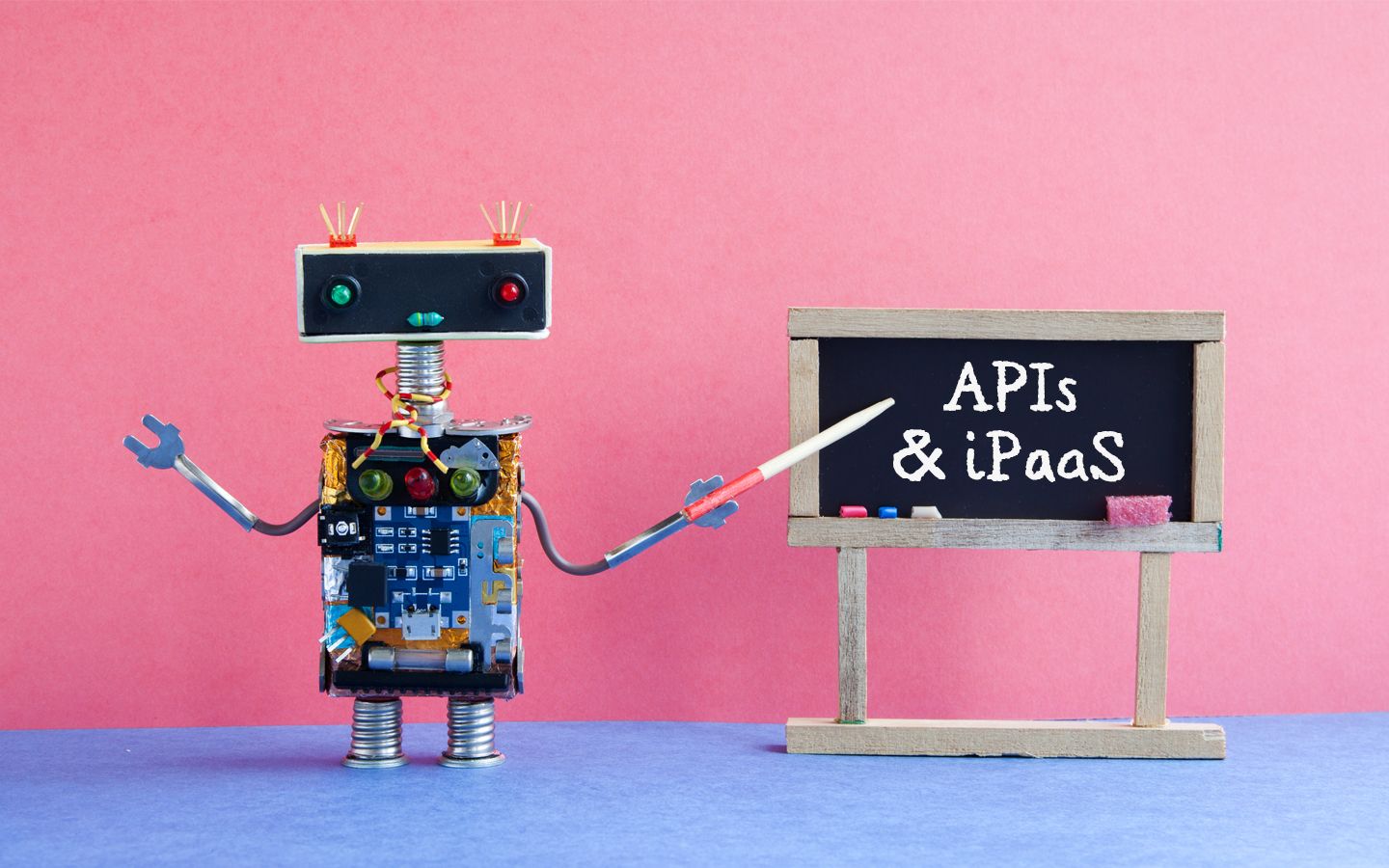Automation automatically makes our mind think of flying cars and robots taking over the human race. With all due respect to Black Mirror that's not where the future with automation is headed. As a businessman, you work tirelessly to ensure that your business model runs smoothly like a well-oiled machine, and to an extent, you are using technology in your day to day life. Including automation in your business model is not about replacing human labour, it deals more with redirecting human efforts to work smartly by taking care of the mundane and routine tasks that businesses involve.
Why shift to automation?
In a world that's driven by technology, think of automation as the helping hand needed to streamline your business model. When we talk about automating your process, we are referring to using APIs, Integration Platforms As A Service (iPaaS), and Artificial Intelligence in your business model to improve the way you work. If you're sitting and wondering why should you bother including automation in your business model, continue ahead:
- Reduces the dependency on IT: We're talking about technology and saying that this will take the load off your IT department, now how does that work? It works because with APIs, you can make use of a wide range of department-specific applications that are already available and integrate them to create independent workflows for them. For instance, using applications specific for data entry, lead enrichment, lead prioritisation rather than sitting and doing this manually, or depending on IT to build you a specific application to manage all of this and CRM.
- Cost effective: With integration platforms like the Quickwork Journey Builder, you can directly connect specialist applications together. You don't need to get into the cost of spending a wad of cash on developing and testing your own application or service.
- Faster data sharing: iPaaS has made it easy to pull information from one application and quickly transfer it into another one for example: sharing customer records on a cloud database. You can also use this in managing your financial and human resource records.
- Scalable model: Since most of your work is happening over cloud, this model is easy to scale. Integration allows you to look at your singular needs, find applications or build applications to support those needs and integrate them with your workflow rather than requiring a brand new code to be written entirely for a small update. It's much easier to scale than a legacy framework.
- Automate routine tasks: One of the main benefits of automation is its ability to transform the way you work by taking care of the mundane tasks in your life. With automation tasks like employee onboarding, data entry, data sharing, and customer service and engagement (to an extent) can be easily automated, allowing you to focus on other parts of your job.
Making the shift to automation
Depending on the size and kind of business you're in, making the shift to automation will vary for you. Here are a few ways you could integrate services, and automate your business model:
- All in for automation: If you're just starting out, or a growing business, you should consider going all-in for automation. You start by identifying applications that already exist, and have APIs that will benefit you in different parts of your business like marketing, sales, customer service, etc. You then connect these different applications together using an iPaaS like the Quickwork platform, to help you quickly set up automated workflows. Here are a couple of reasons to invest in automation as a new, small, or growing business.
- Quick set up and scalability.
- Lower cost and time involved in comparison to building your own network from scratch.
- Future proof, since APIs are growing and you can build your own as well as and when you grow to cater to your needs.
- Takes some pressure off your employees. Automation can greatly help a start-up or a growing business, since its always all hands on deck, it's good to have workflows in place that can take care of the routine tasks, and help in staying more organised.
- Hybrid Approach: As a large business, you may already have a legacy system in place. You have years of data lying in there and thousands of dollars spent in probably developing it. We understand going all in for a completely cloud-based structure of automation might seem too drastic for you, which is why we'd suggest a hybrid approach for you. You can integrate APIs with your existing hardware, and extract information securely through this. Why do this?
- Faster updates.
- Allows you to quickly extract data.
- You can still protect data you don't want to share in your legacy system.
- You can create chatbots, and Journeys (integrations) that help you decentralize the data stored for more independence in each department.
- Experiment and explore: If you're an individual who is looking to organise and find more productivity in their daily life, then automation is the right way to go. You can look at using pre-made Journeys or study a little more through our Quickwork Guides to find your way around using the Quickwork platform to build simple but effective automation's to help you.
- Quick to implement.
- Requires little to no code.
- Simple Journeys can help you save a lot of time in your daily life. For instance: As a freelancer, you can automate generating and raising invoices, create templatized emails for customers, and integrate your calendar to be more productive.
Everyone's Journey to automation is unique, get in touch with us to know more about, including automation and integration in your business model.








